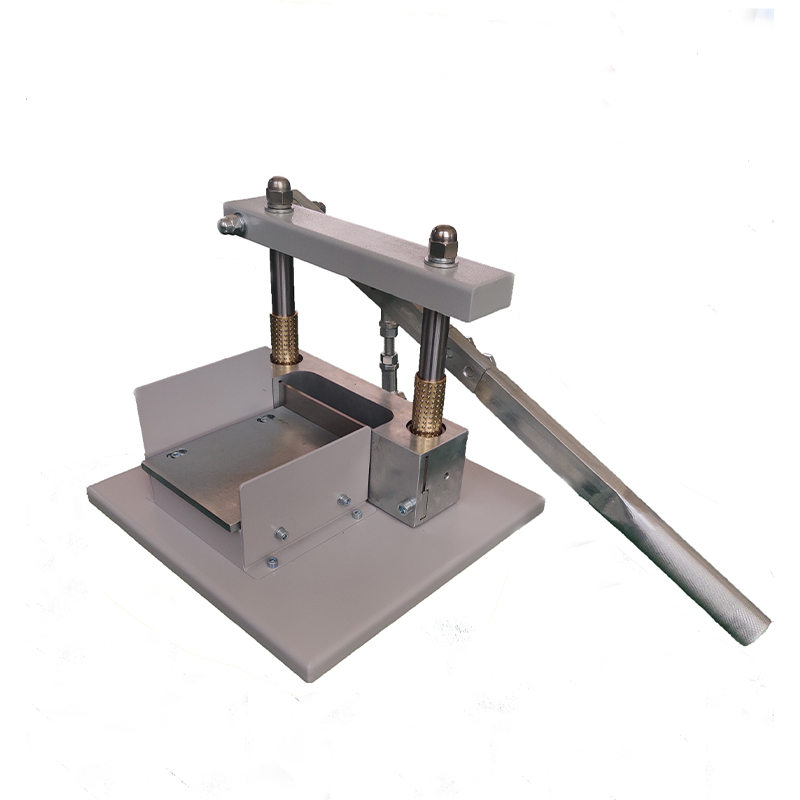Testing Chamber for Cable Burning with Enhanced Safety Features and Accurate Measurement Systems
Understanding the Cable Burning Test Chamber and Its Importance in Quality Assurance
In today's world, where technological advancements drive the development of countless devices, ensuring the safety and reliability of electrical cables is paramount. One of the most effective methods utilized for this purpose is the cable burning test chamber. This specialized testing facility plays a crucial role in evaluating the fire resistance and performance of cables under extreme conditions.
A cable burning test chamber is designed to simulate the conditions that cables might encounter in real-world scenarios where fire hazards are present. The primary objective of this testing is to assess how cables react when exposed to high temperatures and open flames. Manufacturers of electrical cables are increasingly recognizing the importance of conducting these tests to meet industry standards and ensure safety compliance.
Understanding the Cable Burning Test Chamber and Its Importance in Quality Assurance
Testing in these chambers follows specific protocols outlined by international standards organizations, like IEC (International Electrotechnical Commission) and UL (Underwriters Laboratories). These standards specify how tests should be conducted, the types of cables to be tested, and the criteria for evaluating performance. Common tests include vertical and horizontal flame tests, which determine how flames spread along the cable and how effectively the cable can resist ignition and burning.
cable burning test chamber factory

Additionally, the results of these tests can provide critical information regarding the smoke density, toxicity, and flame spread rate of cables. Such information is vital for upholding safety regulations, especially in buildings and public spaces where flammability poses significant risks. High smoke density can quickly create visibility issues, and toxic gases can harm inhabitants, making the findings from cable burning tests essential for developing safer products.
One major benefit of cable burning test chambers is that they often lead to the improvement of cable materials and designs. As manufacturers receive feedback from these tests, they are better equipped to innovate and create cables that not only meet safety requirements but also enhance performance in challenging environments. This can lead to advancements in fire-resistant materials, greater durability, and overall superior cable products.
Moreover, investing in cable burning test chambers and staying compliant with testing standards not only ensures the safety of products but also enhances a company’s reputation. Customers and regulatory bodies are increasingly demanding and prioritizing safety features. Companies that can demonstrate their commitment to rigorous testing processes stand to gain a competitive edge in the market.
In summary, cable burning test chambers play a vital role in the electrical cable manufacturing industry. They ensure that cables can withstand fire hazards while providing critical data that helps manufacturers improve their products. As societies become more focused on safety and compliance, the importance of effective testing facilities like cable burning test chambers will only continue to grow, fostering the development of safer and more reliable electrical solutions.
-
The Role of Tensile Force Testers in Quality Control and Material Science
NewsAug.01,2025
-
Maintenance and Safety Tips for Aging Ovens
NewsAug.01,2025
-
Density Balance in Forensic Science
NewsAug.01,2025
-
Advanced Optical Measurement Technologies
NewsAug.01,2025
-
A Buyer’s Guide to Tensile Test Machines
NewsAug.01,2025
-
Why the Conductor Resistance Constant Temperature Measurement Machine Redefines Precision
NewsJun.20,2025
 Copyright © 2025 Hebei Fangyuan Instrument & Equipment Co.,Ltd. All Rights Reserved. Sitemap | Privacy Policy
Copyright © 2025 Hebei Fangyuan Instrument & Equipment Co.,Ltd. All Rights Reserved. Sitemap | Privacy Policy
